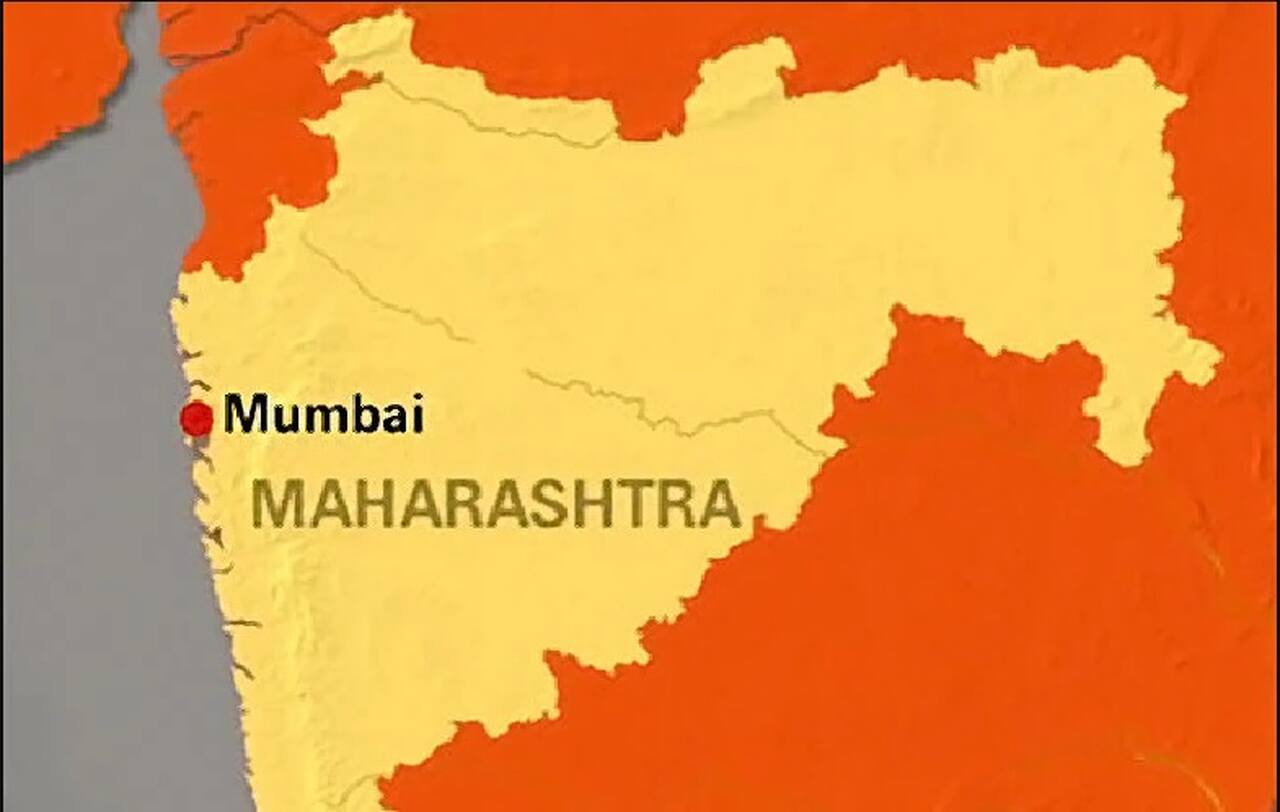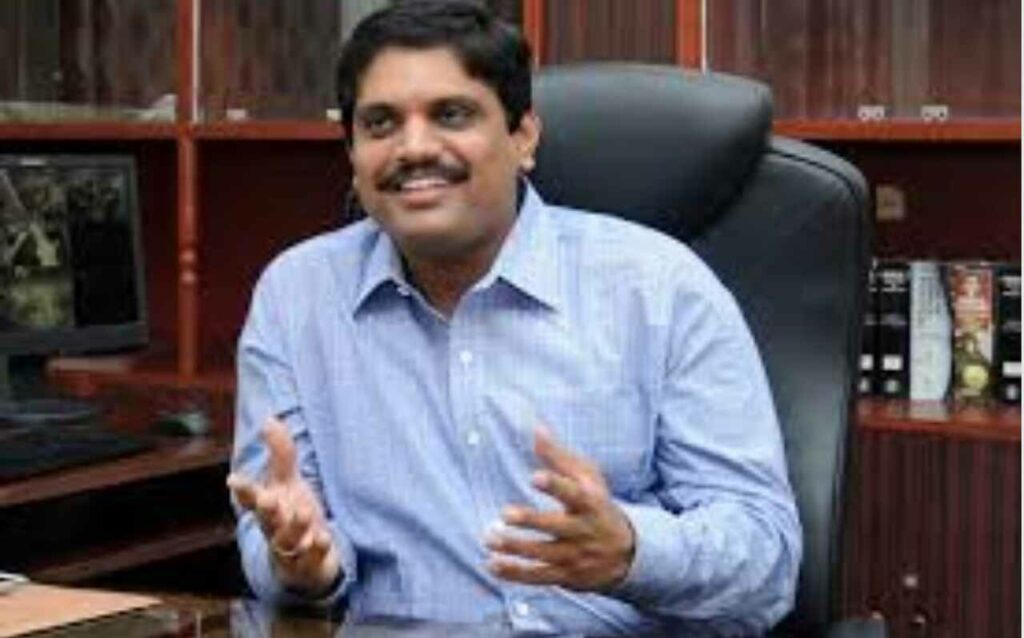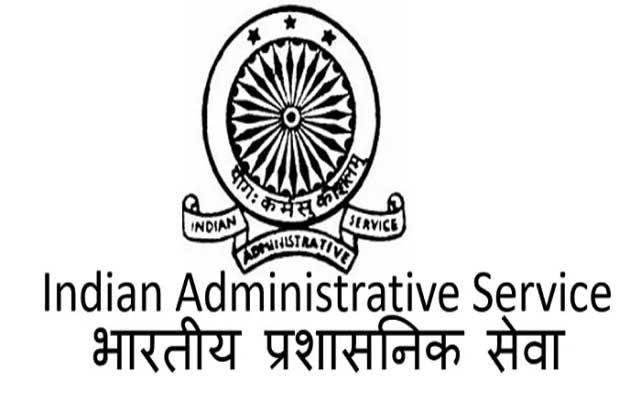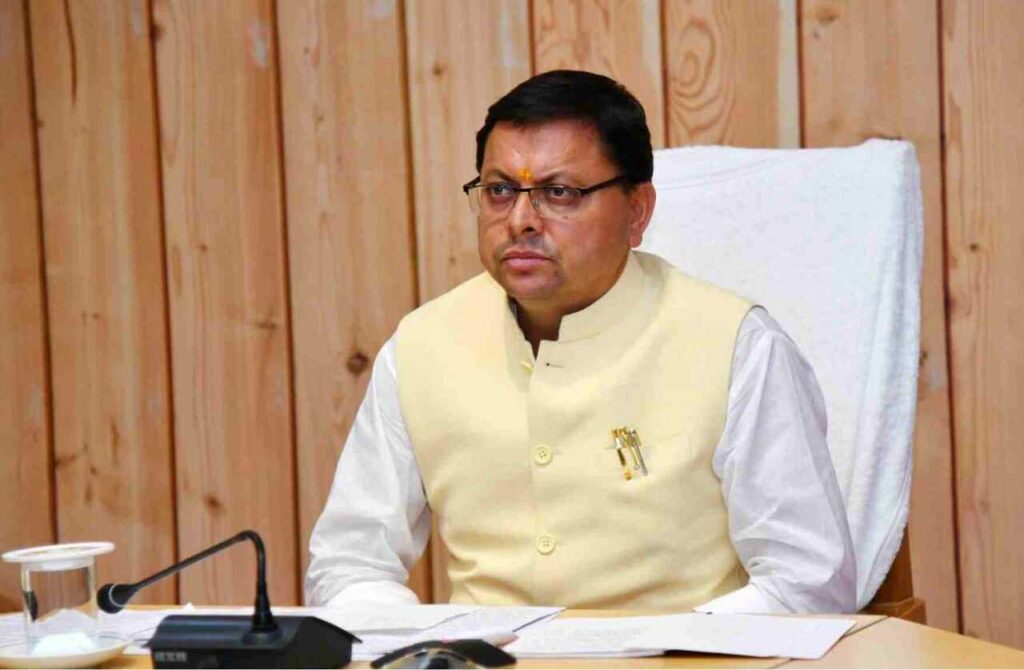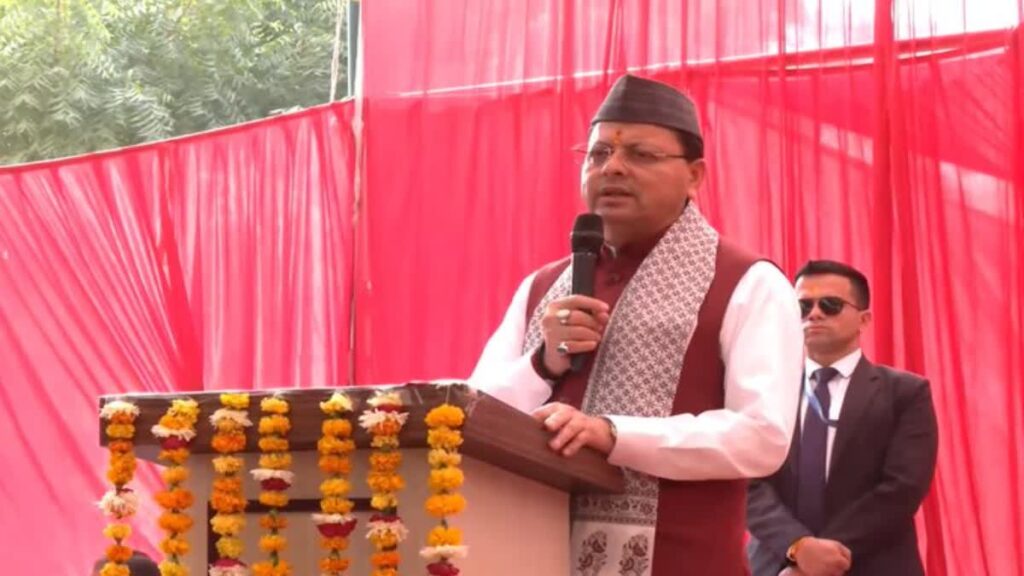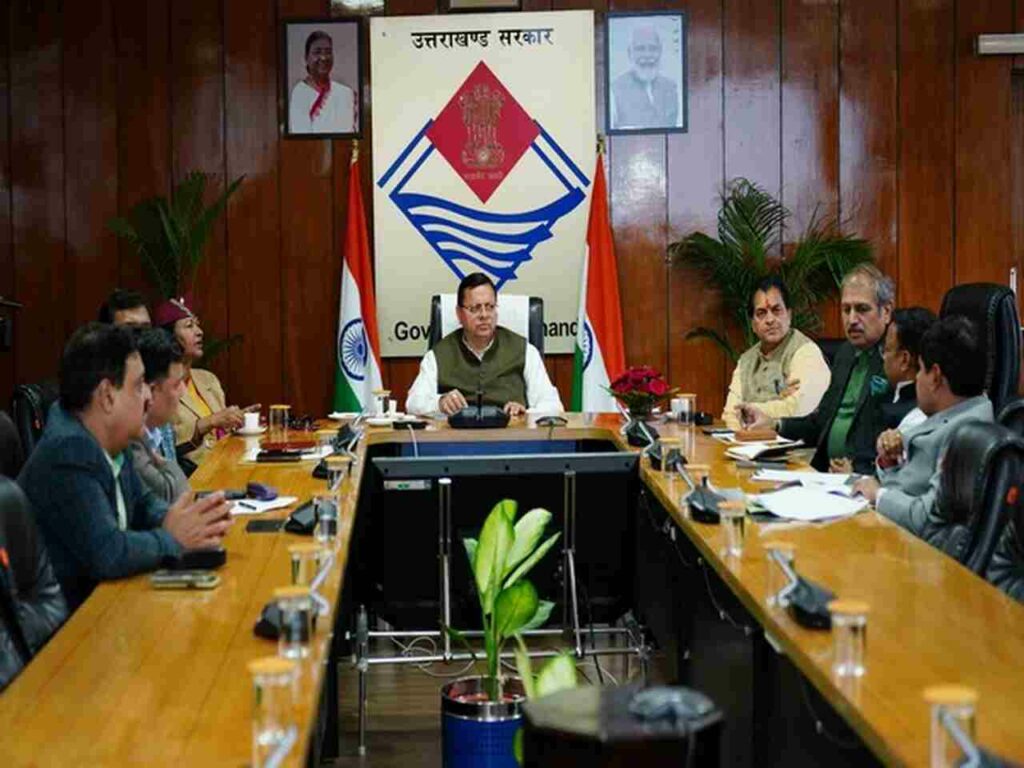The General Administration Department (GAD), led by Chief Minister Devendra Fadnavis, inducted 23 deputy collectors into the prestigious Indian Administrative Service (IAS) promotion, marking a historic move in the state administration. This is the first time in recent history that such a large number of state cadre officers have been inducted into the IAS in Maharashtra.
Most promoted officers joined the state civil services as deputy collectors in 1997-98 and achieved IAS induction after serving for nearly 26 years.
Long Wait for IAS Induction in Maharashtra
The promotion process in Maharashtra is notably slower compared to southern states, where deputy collectors are typically inducted into the IAS within 12-13 years. In Maharashtra, the wait often extends to 25-30 years, leaving many officers with only a few years in the IAS before retirement.
A deputy collector expressed disappointment over the prolonged process, attributing it to the limited number of vacancies available for state cadre officers in the IAS.
Delays Due to Code of Conduct
This year’s delay was exacerbated by the enforcement of the Model Code of Conduct during the Lok Sabha and state assembly elections, which postponed the meeting of the promotion committee.
Vacancy Challenges
The shortage of vacancies stems from the low number of IAS officers from Maharashtra on central deputation. According to rules, 30% of the IAS cadre strength in the state should be on central deputation, which translates to approximately 90 officers. However, only 14 officers currently serve on central deputation, limiting the opportunities for state cadre promotions.
Need for Balanced Cadre Management
The deputy collectors urged the GAD, led by the Chief Minister, to ensure a better balance in cadre management to address delays and improve opportunities for state cadre officers to be inducted into the IAS.
This historic promotion drive is a significant step, but it also highlights the systemic challenges that must be addressed for a more efficient and equitable promotion process.


